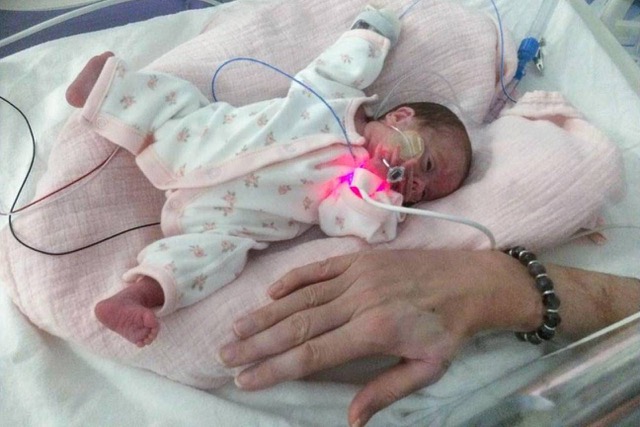During a leadership conference hosted by Students for Life of America in late June, I scrolled through Facebook to keep track of updates on HB 2, the state budget bill. I browsed through Planned Parenthood’s political action page to find anything interesting from the opposing side, and I found a goldmine.
On June 25, Governor Chris Sununu finally passed the state budget along with the Fetal Life Protection Act. And my goodness, Planned Parenthood was pissed at the decision! They created a post expressing that the governor turned his back on Granite Staters, and voters would not forget this moment.
I will agree with them on one thing: future New Hampshire citizens would never forget this historic event.
We want to thank Althea Ansah for this Contribution. If you have an Op-Ed or LTE
you want us to consider email us at Editor@GraniteGrok.com.
For over four decades, New Hampshire was one of the most lenient states in the country regarding abortion access. The deadly procedure used to be legal up until birth for any reason, at any stage of development, with no inspections on abortion facilities, and without any statistics on how many preborn children (and women) died from the dangerous event.
Passing a late-term abortion ban at 24 weeks and later shows that citizens do not want absolute abortion extremism.
Babies starting around 22-24 weeks can survive outside of the mother if there is a medical emergency; with the help of doctors and nurses, preborn children can have a fighting chance at life. This late-term abortion bill gives babies, who can thrive, the right to life.
Related: Big Abortion Is Spending Big Money in NH to Tell Even Bigger Lies
Several pro-abortion advocates, politicians, and medical professionals have cried foul about how the bill is harming access to a “private, safe and legal procedure decided between a patient and a provider.” They stated that requiring doctors to ensure the child’s age with ultrasound is “restrictive” and “unnecessary.”
Dr. Ilana Cass from Dartmouth-Hitchcock Medical Center claimed that late-term abortions are rare in her facility, but that does not make the procedure safe. Women who have abortions (especially late-term ones) are vulnerable to physical health problems in the future. These issues include a higher risk of the following: breast cancer, preterm births for future pregnancies, lacerations (deep wounds) to the uterus and/or cervix, hemorrhages, heavy bleeding, miscarriages, infertility, and death.
And I highly doubt most abortionists would tell women these risks before they even conduct the ultrasound on her.
2021 has arguably been the best year for anti-abortion legislation with 90 pieces of legislation enacted to undo the harm Roe v. Wade and Doe v. Bolton plagued on American society.
Citizens across the nation are waking up to the fact that abortion is not health care, abortion is not empowering to women, and abortion needs to be illegal and unthinkable again.
For New Hampshire, the state I have called home for almost 22 years, the fight for true reproductive healthcare starts with more legislation and community support to give women resources for safe and healthy pregnancies. I will still raise my voice for those who have none, and dedicate my life to advocate for the lives of preborn babies and their mothers.
Althea Ansah is a WIC Nutritionist who lives in southern New Hampshire.
Note: Shared Content may not necessarily reflect the views of GraniteGrok.com.
